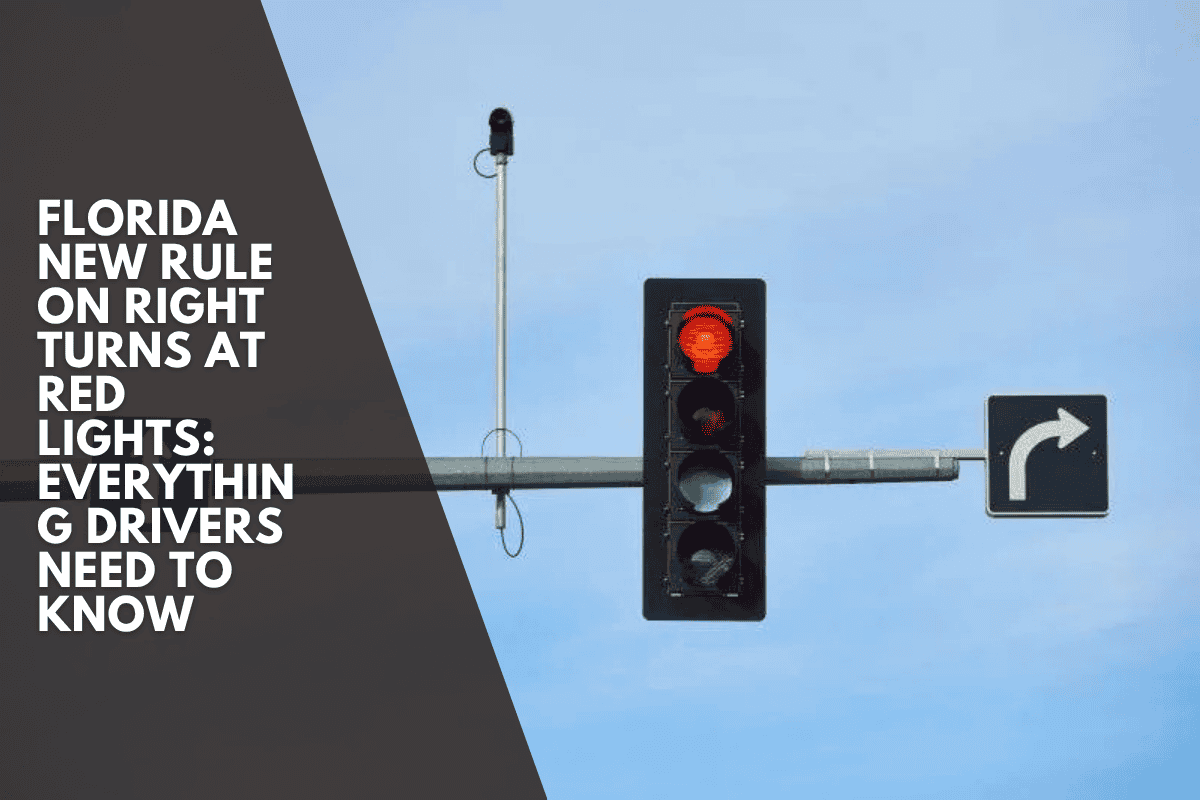Florida’s rules for right turns at red lights remain a frequent source of confusion for drivers, but as of 2025, the core law is largely unchanged—with renewed emphasis on safety, yielding, and compliance with posted signage. Here’s a comprehensive breakdown of what every Florida driver should know.
Key Requirements for Right Turn on Red
Complete Stop Required: You must come to a full and complete stop at the marked stop line, before entering the crosswalk, or before entering the intersection. Rolling stops are illegal and can result in fines and points on your license.
Check for Prohibitive Signs: Always look for “No Turn on Red” signs. If such a sign is present, turning right on red is strictly prohibited, regardless of traffic conditions.
Yielding is Mandatory: You must yield to all pedestrians in the crosswalk, bicyclists, and any oncoming vehicles that have the right of way. Failing to yield can result in accidents, citations, and legal liability.
Red Arrow Rule: A red right-turn arrow is treated the same as a solid red light. Unless a “No Turn on Red” sign is posted, you may turn right after a full stop and yielding, just as with a standard red light.
Special Situations and Exceptions
School Zones: Extra caution is required in school zones, where additional restrictions may apply during certain hours—even if a right turn on red is otherwise permitted.
Poor Visibility: If visibility is limited due to weather or intersection complexity, it’s safer to wait for a green light before turning.
Heavy Pedestrian Areas: In areas with high foot traffic, right turns on red may be restricted or simply unsafe.
Penalties for Violations
Violating right-on-red rules—such as failing to stop, not yielding, or ignoring a “No Turn on Red” sign—can result in:
Fines (typically $158 per violation)
Three points on your driving record
Higher penalties and possible license suspension if an accident occurs
Right of Way Clarification
It’s a common misconception that drivers turning right on red have the right of way. In reality, you must yield to all other vehicles and pedestrians lawfully in the intersection. If a U-turn is being made on a green signal, that driver generally has the right of way over a driver making a right on red.
Quick Reference Table
| Rule/Condition | Requirement/Status |
|---|---|
| Complete Stop | Mandatory before turning |
| “No Turn on Red” Sign | Must not turn right if sign is present |
| Yield to Pedestrians | Always required |
| Yield to Oncoming Traffic | Always required |
| Red Arrow | Treated same as red light for right turns |
| School Zones | Extra caution; local restrictions may apply |
Best Practices
Always stop completely and check for all road users.
Obey all posted signs and signals.
Use extra caution in school zones and heavy pedestrian areas.
If in doubt, wait for the green light.
Florida law still allows right turns on red after a complete stop and proper yielding—unless a posted sign prohibits it. Strict adherence to these rules is essential for safety and to avoid fines or liability
Sources
[1] https://thewrangler.com/florida-traffic-rule-2025-update-understanding-the-right-turn-on-red-rule/2025/06/06/
[2] https://www.forthepeople.com/blog/can-you-make-right-turn-red-florida/
[3] https://bocabayduiprogram.org/blog/can-you-turn-right-on-red-in-florida/
[4] https://thedashcamlawyer.com/2024/11/04/turning-right-on-red-florida/
[5] https://boddenbennettlaw.com/what-you-need-to-know-about-floridas-right-on-red-law/











